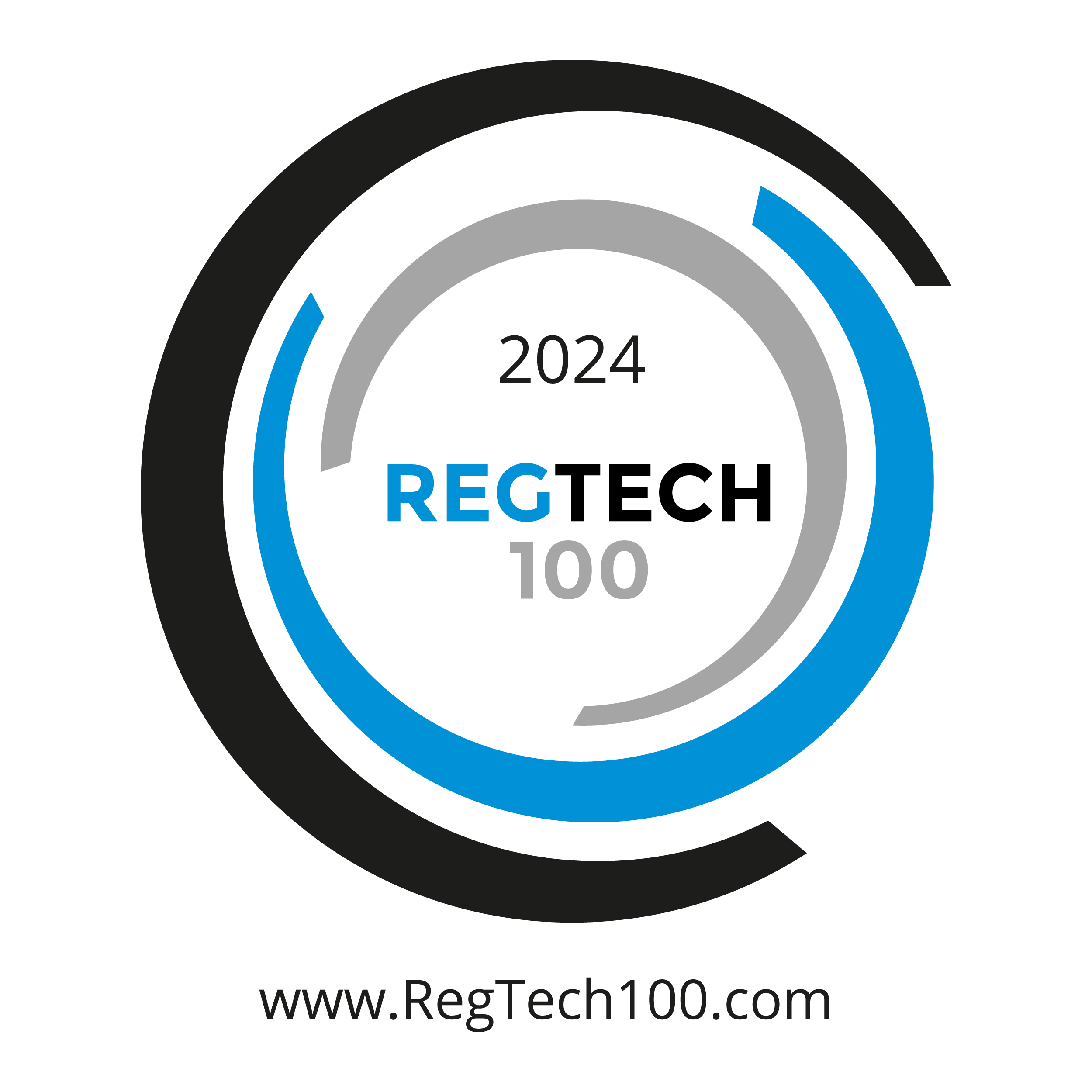Welcome to the quarterly norbloc newsletter, wrapping up 2023 and considering how it came to a close before we dive into the new year. Our commitment to bringing you the latest in innovation and compliance remains steadfast, navigating a landscape of evolving challenges and opportunities.
In this edition we take a look at the last quarter of 2023, reporting the final numbers for financial crime fines globally and the cost of compliance; reflecting on the transformative developments set in motion for European regulation, and highlighting the power of proactive technology solutions to help companies with KYC, AML and customer due diligence.
💡Industry news worth reading…
Fines and the Cost of Compliance
In 2023, FinTech firms, neobanks and cryptocurrency firms outshined the traditional banking sector in fines for financial crime, amassing a hefty total of US$ 5.8 billion in comparison to the US$ 835 million served to traditional banks.
According to the latest Lexis Nexis data, the global total cost of compliance for 2023 amounted to US$ 206 billion. However, in a landscape where even neobanks such as Revolut jump to hiring as the solution to rising customer fraud complaints, it’s clear that there are more effective means to tackle the risk of fraud and financial crime — technology.
In the age of digitization, all actors in the banking and financial sector, traditional or not, can utilize software solutions to implement and execute efficient and accurate KYC to minimize risk and workload for compliance teams. By implementing a solution like Sancus, entities stand to benefit from:
- improved accuracy – digital verification leverages multi-sourced data to accurately determine the identity and associated risk of a client or partner.
- reduced risk – by properly verifying all clients and partners beforehand, exposure to unwarranted risk is eliminated.
- simplified ongoing KYC – renewals become easier than ever with automated checks scheduled appropriately in line with tailored risk-segmentation.
The EU’s Latest Proposal
The European Union has recently announced its legislative proposal for a framework for financial data access (FIDA) as part of the EU’s broader strategy to bring the wider financial sector into the digital age.
In response to the developments of recent years, the EU Commission wants to ensure that the European financial sector is at the forefront of the ongoing digital revolution, capable of responding to the risks and opportunities it presents – with particular emphasis on safeguarding and empowering consumers.
As a result, the FIDA proposal is aimed at:
- strengthening customer control over their data;
- promoting responsible access for data users where customers want to benefit from innovative products;
- standardizing customer data and required technical interfaces for financial data sharing;
- harmonizing liability regimes for data breaches and dispute resolution mechanisms
📌 In case you missed it…
The 7th edition of the prestigious RegTech100 unveils the trailblazing companies revolutionizing the regulatory technology landscape, essential knowledge for financial industry players in 2024.
Delighted to be part of the list for the 5th time, norbloc’s Co-Founder and CEO, Astyanax Kanakakis says:
“This is a testament to the significant impact of our work at norbloc, showcasing its enduring relevance as economic and compliance priorities continue to evolve.”

Hot out of the oven, Sancus, our digital orchestrator platform for onboarding and KYC has been tailored to cover the needs of further industries beyond the financial sector. We now cater to the trading and maritime sectors, legal firms, online marketplaces and the upcoming ESG market.
Careers at norbloc
We’re looking for the next additions to our team, could it be you?

📩 Join us as we work to revolutionize secure data sharing!





